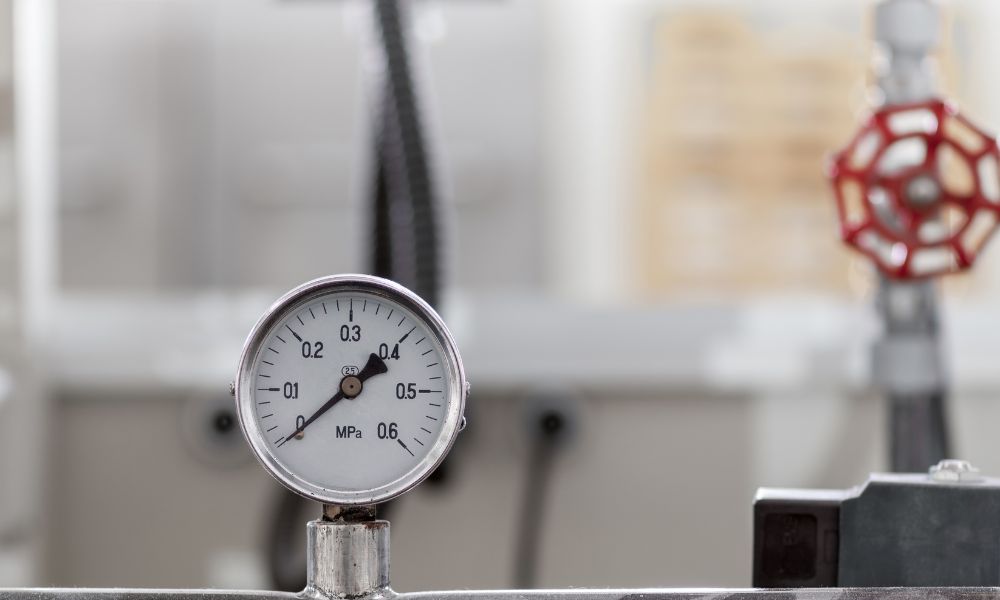Food production requires a special level of cleanliness and safety. Seemingly small factors, such as storage space temperatures, can have a big impact on the health standards in your facility. To avoid promoting unsafe handling procedures in the workplace, take some time to consider the essential sanitation tips for food production facilities. Failing to follow these guidelines can result in unhealthy food products shipping to unsuspecting customers.
Properly Store Products
Though they may be very different products, storing food items such as corn or beef requires equal levels of consideration. Specifically, you have to store foods with certain conditions in mind when setting up your storage space, such as temperature and what foods you’re keeping them next to. You can’t store all food products together, nor can you store them all at the same temperature. To avoid making unhealthy storage decisions with your products, do extensive research into the specific conditions each item requires.
Consistently Clean Equipment
Whether your facility specializes in meat, grain, or something else, sanitizing equipment that comes into contact with these items is crucial. We don’t just mean wiping down the surface, though that’s important as well. Some equipment sanitation procedures will require employees to clean the inside of machines too. By regularly sanitizing such equipment, you can avoid giving contaminated products to customers.
However, sanitation is something you must consider when buying your equipment in the first place. For example, there are various types of conveyors on the market, so be sure you’re investing in one that can withstand your cleaning frequency and chemicals. With the right equipment and cleaning routine, you can keep your operations healthy and safe. In most cases, this type of sanitation will be a daily requirement.
Train the Team
This is one of the essential sanitation tips for food production facilities because your cleaning protocols are only as effective as the employee cleaning them. In other words, even if business owners put suitable sanitation protocols in place, improper employee practices can hinder the effect of those protocols. Always provide a clear, concise training course for new employees, including a focus on all the crucial cleaning procedures they’ll need to conduct.
Besides training them to clean equipment, make sure your employees understand sanitation protocols regarding routine hand washing, dressing open wounds, staying home when sick, and anything else relating to your facility’s cleanliness or hygiene standards. Furthermore, encourage employees to speak out if they see other workers using unhygienic practices. That way, you can quickly fix any human error that may be hindering workplace cleanliness and health.






